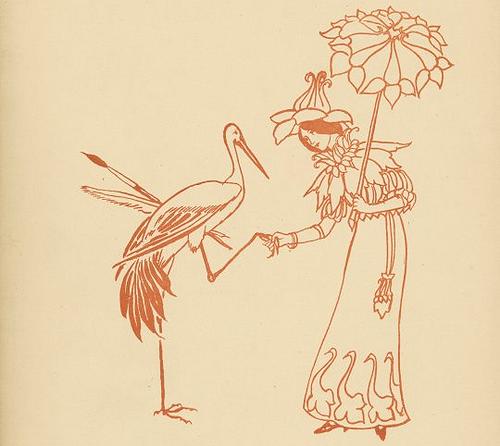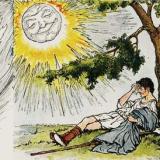
In writing you most often try to communicate a message or a feeling. You want your words to be absorbed by the reader, and hope that you’ve been clever enough with the words to create the exact reaction in the reader’s mind that you had hoped for. Of course, such reactions can never be predicted perfectly, but we all share enough common patterns of thinking and belief to make this attempt at connecting with the reader not wholly a fool’s errand.
Writing is also often about story telling. Somewhere in the human psyche is hard-wired the ability to recognise and appreciate a good story, something with a beginning, middle and end, something with a progression of events or circumstances, or moods, that lead somewhere. We are constantly trying to impose this story structure on life itself, and our own lives in particular. We attempt to make our beginnings have interest, our journeys have some adventure, and our ends satisfying. Since we are living the story, we’re constantly compressing the middle and extending the end to accommodate ever newer realities. Success and failure are measured by us, not in the inherent value or comfort of either situation, but by whether they fit well into our story, the story that we hold in mind as our own ideal biopic, constantly knitting together the strands of random circumstance into a cohesive tapestry.
Such a deep obsession with story means that any writer of fiction or non-fiction needs to inject into their work an element of story telling. Tell a good tale and even the most complex and vague of concepts become acceptable to human ears and imaginations. Little wonder then that parables have played such an important role in the communication of our affairs and the storing of our knowledge, since records exist of our writings. Before there was writing, you can be sure that around every flickering firelight, storytellers wove and presented a gripping tale.
The power of parables is that they harness the basic nature in which human knowledge, learning and understanding works. We don’t know things in isolation, but instead in a dense web of relations with other things. Various basic understandings build to larger ones and ever larger ones, until we reach the lofty realms of the abstract and the unfathomable. Almost anyone can be made to understand anything if they have enough of a grasp of things on a simpler level. It allows them to make all the connections to support understanding of the more abstract.
Parables also work because they utilise the mind’s love for stories to get its attention, and then frame a fact or concept in the garb of the familiar. We understand stories, we know them well. So in presenting so many familiar scenes to the reader, you guarantee enough investment on the familiar level for their minds to make that leap to the unfamiliar concept that you hope they will make.
This is why the stories and moral tales we expose children to are so important, not just as lessons and lectures of social norm and of good and bad, but as a fertile source of raw material for future stories to build on, and for future understanding to stand on the shoulders of.
Good writers must learn to use this mechanism of parable to make their writing more effective and engaging. Parables provide a common ground, a neutral territory where both the writer and the reader are comfortable, where there is no threat of assault with a deadly idea, and where they might exchange stories and share insights into the night.
Samir
Liked this article? Please share it: ![]()
![]()
![]()
![]()
![]()
![]()



Yeah, nothing helps simplify things than a good story.
loved it! such neat and exact explanation.. as usual quite helpful.. thanks.
Excellent !
Also urging you to watch another amazing aspect of stories at : http://spinningmemories.blogspot.com/2010/10/danger-of-single-story.html
Samir,
Nothing wiser than what you said:”We attempt to make our beginnings have interest, our journeys have some adventure, and our ends satisfying” and thinking deeper, it may be also the story of a life time, I know you wrote it knowing 🙂
Parables, mmmm what can I say, once I suggest you about writing a book for children, you have the ability combined with a very personal way of telling things, instant success!
and a pleasure for us all to read you.
Magali